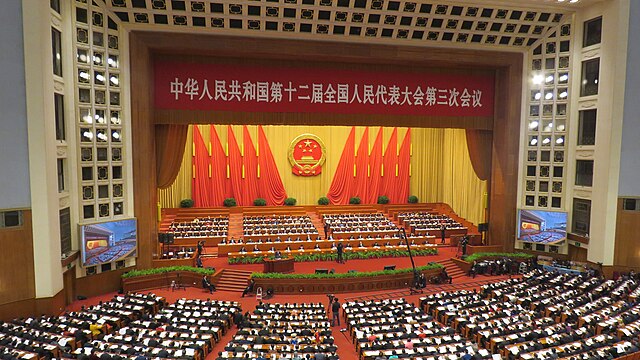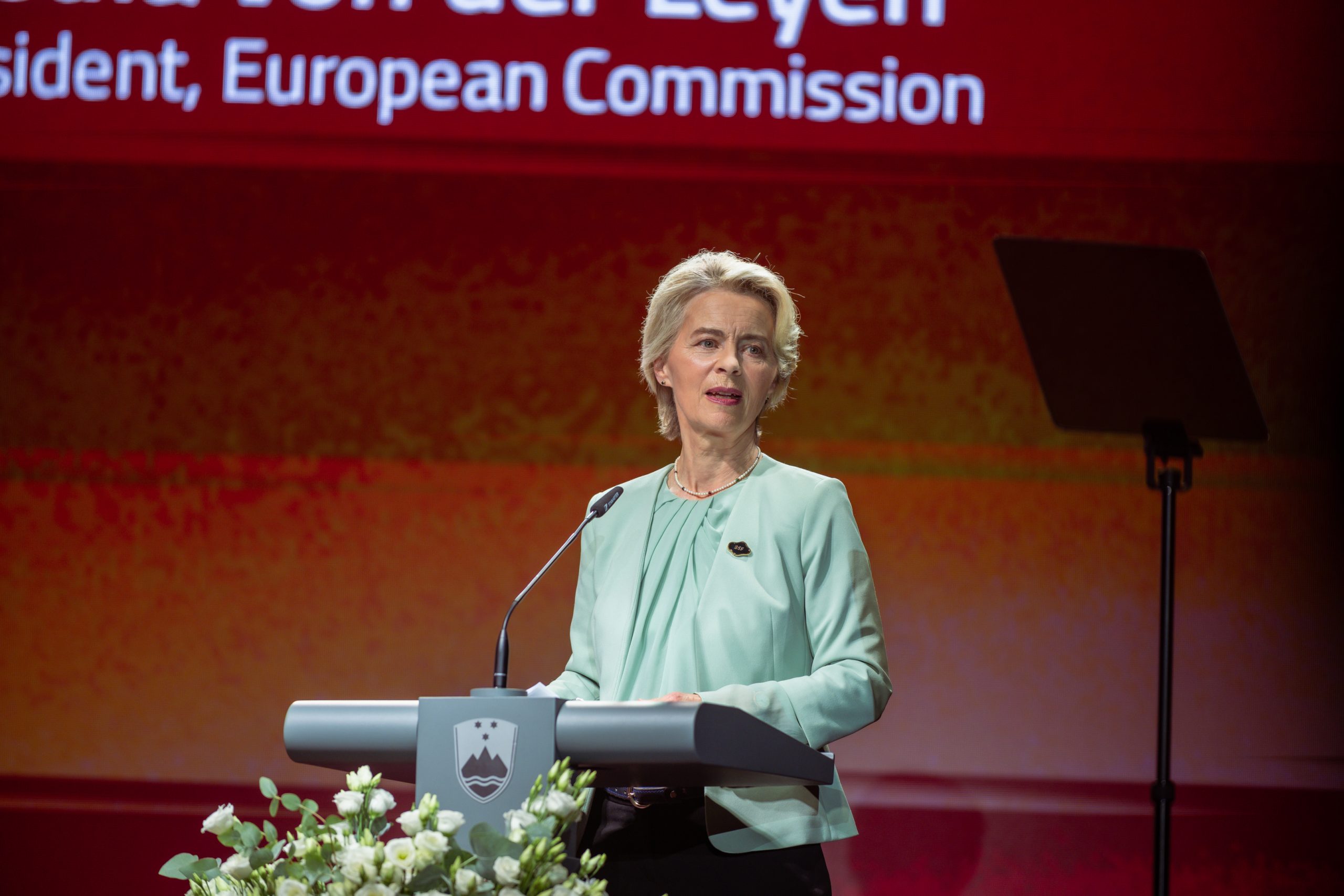Amid Anticipated Economic Rebound, NLB Funds Eye Growth in Asia
Andraž Tavčar
JOURNALIST AT THE ADRIATIC
In a year that took the stock market to unprecedented heights, NLB Funds, Slovenia’s premier asset manager, has positioned itself for a promising outlook. Holding a commanding 40% share of the market, NLB Funds reported a significant inflow of €171 million last year, capturing over half of the total across all Slovenian asset managers.
With inflation and economic growth expected to moderate in the first half of the year, there’s an anticipation of a more accommodating monetary policy from both the U.S. Federal Reserve and European Central Bank—contributing to a diminishing fear of recession, with forecasts suggesting that unemployment and inflation rates in 2024 will dip below the figures registered at the end of 2023.
Rok Potočnik, NLB Funds’ senior asset manager, shared an optimistic view on the investment environment. “We’re feeling positive about the prospects for both asset classes this year, though we’re slightly more bullish on stocks than bonds,” he noted. “But, we’re keeping our expectations for the stock market in check, not expecting to see the same high returns we saw last year.”
The firm is proceeding with caution as it maintains a neutral approach in its engagement in both American and European markets. Even with the U.S. economy rebounding in 2023, it continues to be wary of the high valuations of American stocks. Likewise in the EU, influenced by the continent’s proximity to the war in Ukraine and mounting tensions in the Middle East. Huthi strikes on international trade in the Red Sea have led to considerable interruptions in shipping and a spike in expenses, with freight rates between Asia and Europe seeing a more than twofold increase.
Despite identifying some potentially lucrative valuations in Europe—particularly within the luxury goods sector and among defense companies—the complex risk environment and a more guarded economic forecast for the region have led NLB Funds to maintain moderate exposure to European markets.
Asia presents a mixed picture. China, once a favorite for international investors, has seen its attractiveness wane amidst the lifting of COVID restrictions that fell short of expectations, an unfolding property crisis, and heightened tensions with the U.S. over technology imports. The Biden administration has maintained the trade tariffs introduced by former President Trump, who initiated a trade war with Beijing in 2018. Under Biden’s presidency, the U.S. has tightened restrictions on China’s access to advanced American technologies, curbed investments in Chinese sectors deemed strategically sensitive, and expanded sanctions against major Chinese corporations.

Western-aligned countries stand to gain in the region, with India emerging as a significant investment destination, likened by Potočnik to China’s position at the turn of the century. While the IMF projects global growth to linger around 3%, the Indian economy is booming. Delhi projects a 7.3% growth rate for the fiscal year ending in March—the highest among G20 nations—and economists are optimistic about the country maintaining a growth rate of 6% or higher over the decade.
“Japan merits attention as well,” he adds, “as it appears to be on a trajectory of mature economic expansion and moderate inflation after years of sluggish growth and minimal inflation.” The country’s export-driven economy gains from a depreciating yen, which has developed a symbiotic relationship with the Nikkei 225. The benchmark index reached a peak on Tuesday, climbing 2.9% and briefly surpassing 38,000—a level last witnessed before the onset of Japan’s economic stagnation in the 90s.








